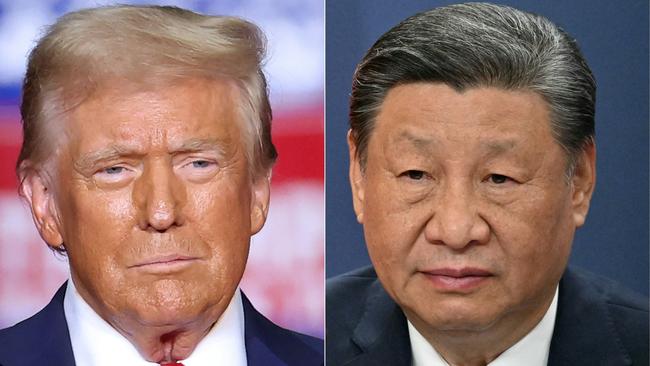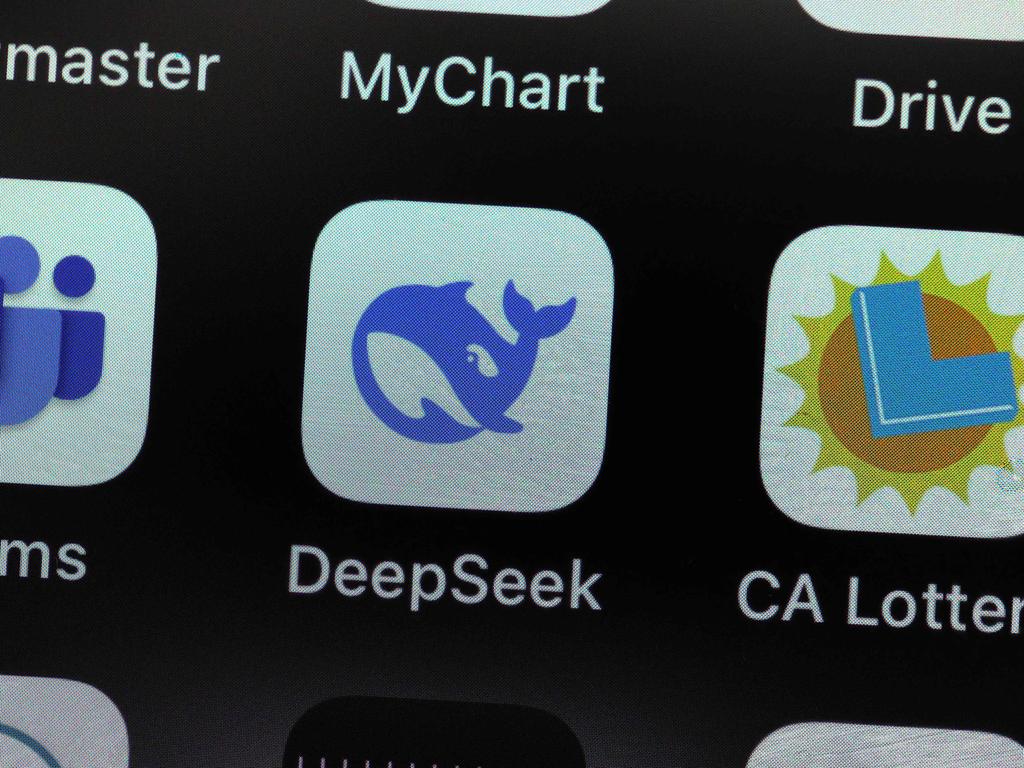China’s DeepSeek is our generation’s Sputnik moment and the whole world has a lot of reasons to be concerned


In 1957, the Soviet Union shocked the US by launching the first satellite into orbit of the earth.
The Americans couldn’t believe it. They were richer than the Russians. They’d worked hard and long on space. They had a huge scientific establishment. Everyone knew that democracies and free societies fostered innovation and creativity and discovery and technology, while communism fostered grey bureaucratic monotony.
Yet there was Sputnik 1, all alone in orbit.
Sputnik 1 turned out a Pyrrhic victory for Moscow. It galvanised America into action. Then there was a race for the moon. America not only won, but so much modern technology came out of that initial moonshot of Apollo 11 in 1969.
The Cold War finally ended 30 years later because the Soviets couldn’t match the Americans technologically, economically or militarily. Eventually they gave up.
China is vastly more formidable than the Soviets ever were.
And we have much more reason to be concerned than the Americans were after Sputnik in 1957.
Of course, we’ve got to be careful about what we don’t know. The Chinese say it cost them less than $US6m to train DeepSeek and they did it without access to the most advanced American computer chips, which the Biden administration prevented them from buying.
Well. hmmm. Let’s establish all those facts for ourselves. Either the American export controls weren’t as effective as thought, or this is an astonishing innovation. Probably both things are true.
One reason we need to be much more concerned than the Americans were in 1957 is that Chinese technology is infinitely more intertwined in everyday Western life than Russian technology ever dreamt of being. We depend on Chinese technology every day in batteries, solar panels, electric vehicles, all kinds of social media, refrigerators and a million other things, all of them increasingly connected online.
If China establishes dominance, or even a clear lead, in Artificial Intelligence, this will have the most profound imaginable strategic consequences.
The competition across hi-tech between the US and its close allies on one hand and China on the other will be decisive in three key domains.
First, and most brutally, is the military domain.
Sophisticated warfare is already completely dependent on hi-tech sensors, electronic warfare, AI selection of targets and delivery of kinetic effects, information superiority in the battlespace and the rest. If you lead in hi-tech, you will lead in warfare capability. And if you lead decisively in warfare capability, you may very well be able to win without fighting.
Second, hi-tech dominance is central to the ability of a modern society to keep functioning in the event of cyber hostility. A fascinating feature of the Russia-Ukraine war has been Moscow’s inability so far to cripple Ukrainian infrastructure through offensive cyber operations.
Artillery has done much more damage than cyber.
But if your strategic adversary had planted “back doors” in even some of your key civilian infrastructure, anything from hospitals to dams to banks and everything else necessary to daily life, your society would be acutely vulnerable.
And third, it’s likely that the great power that dominates hi-tech will dominate the economy of the future.
There’s been a reassuring and complacent narrative lately that the Stalinist restrictions that Xi Jinping’s government has been imposing on China have weakened its economic performance and sapped its innovative energy.
Yet China has fused its military and civilian sectors, fused its government and private efforts, drawn all technology advances towards the purposes of the state in China Inc.
Plus, if you put hundreds and hundreds of clever engineers together, they will surely come up with stuff.
The emergence of DeepSeek is no reason to panic, but it sure is a reason to get moving in all these areas.





The unveiling of China’s DeepSeek chatbot is the Sputnik moment of our generation.